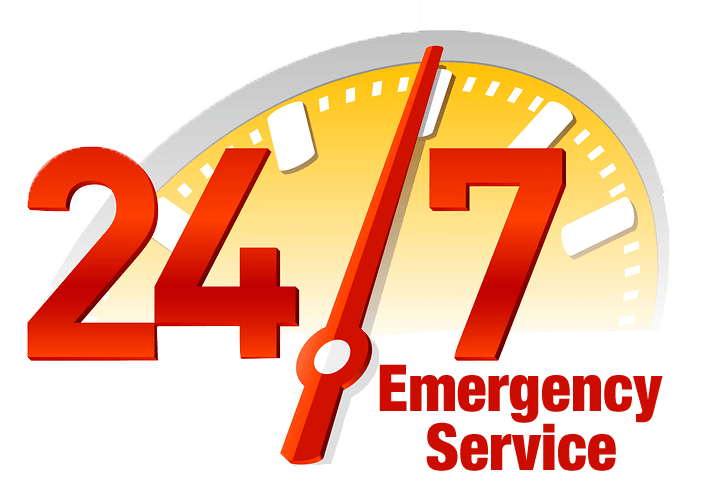Air Cleaners for Your Home
Learn the Basics
Anyone who suffers from airborne allergies or asthma may find that air cleaners offer significant relief in the spring, especially when pollen counts rise as plants start to flower. Rising humidity can also irritate people with allergies to mold or dust mites, since they thrive when the humidity rises during the warmer months.
These are the main types of cleaners available for residential use:
HEPA
– Short for high efficiency particulate air, HEPA filters trap nearly all the particles in your home’s air. They can trap particles as small as 0.3 microns at an efficiency of 99.9 percent. They’re available as portable units for individual rooms or can be installed as a whole-house system. A professional HVAC contractor has to install this type of system because the filters are too dense to be used without mechanically boosting the airflow through them.
Electronic air cleaners
– These options use electricity to pull particles toward a metal plate where they stick. They’re effective against small particles and never need changing, although the metal plates need periodic cleaning. They do create small amounts of ozone and may not be the best choice if someone in your home has respiratory issues.
Germicidal
– These types of air cleaners are effective against organic particles, like mold spores, bacteria and viruses. They use ultraviolet (UV) lights inside the HVAC equipment to mutate the particles so that they can’t reproduce. The lamps need to be dusted occasionally and changed annually. Upgraded HVAC filters with ratings high enough will absorb some of these organic materials as well, but before choosing that option, check with your contractor because they may be too dense for your system.
Gas phase cleaners
– Activated carbon filters are the most common cleaners used in residential settings. They work by adsorption, a process that attaches the gaseous particle to the carbon surface but does not fully engulf it. These filters are effective at removing some smoke odors and volatile organic compounds, but not carbon monoxide or radon.
To learn more about how air cleaners can improve air quality this spring, contact Tri-County Aire. We proudly provide top-notch HVAC services for southern Maryland homeowners.
Tri-County Aire, Inc.
29962 Killpeck Creek Court
Charlotte Hall, MD 20622
Phone:
800.890.5123
Office Hours
Mon - Fri: 7:30 a.m. - 4:00 p.m.
Maryland License #6103
© 2025
All Rights Reserved | Tri-County Aire, Inc.
Website & SEO by
OasisGrafx.com




